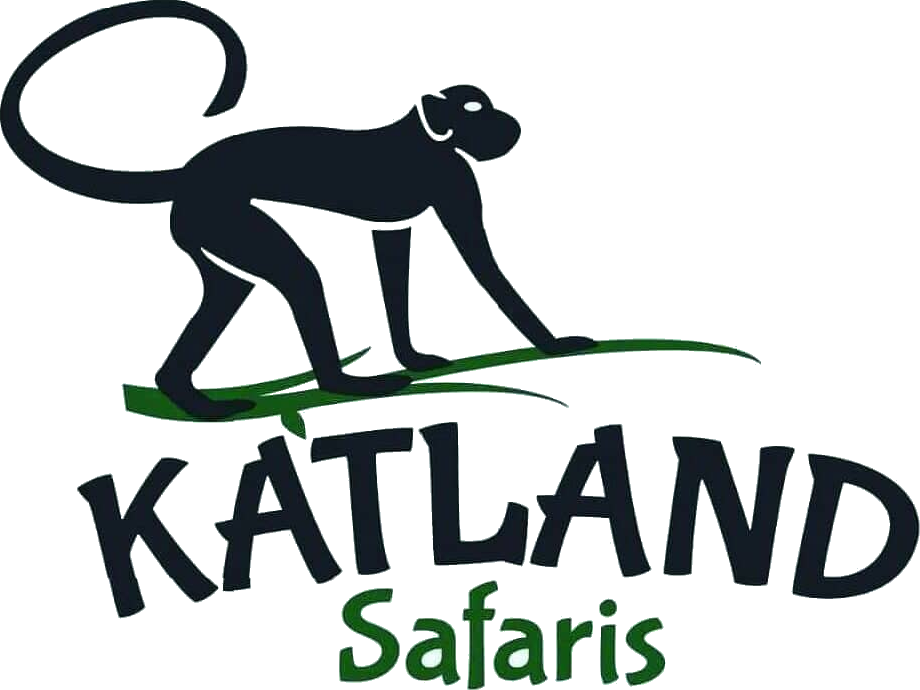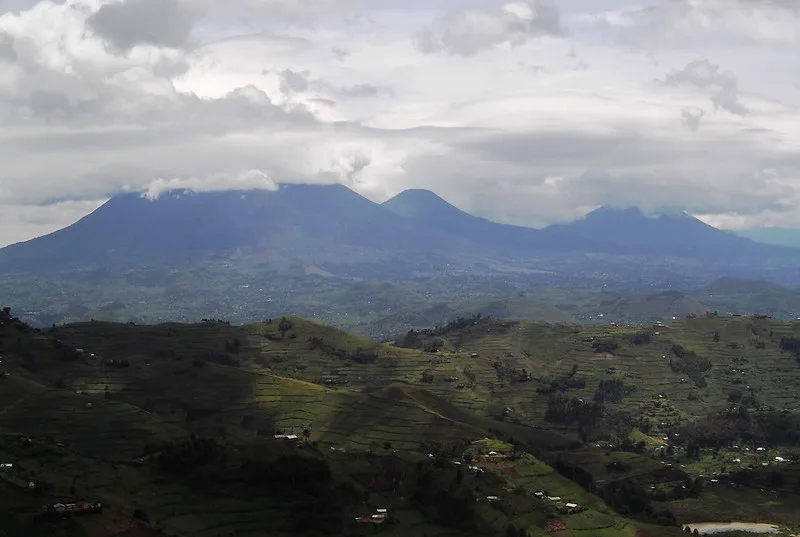Treaty to manage Virunga Landscapes planned.
The three nations that share the Virunga Ranges are negotiating a pact meant to support the preservation of the biodiversity in the ranges. These nations comprise Democratic Republic of Congo and Uganda.
Joint efforts of Uganda, Rwanda, and Democratic Republic of Congo will see the promotion and protection of endangered and migratory species such mountain gorillas of Volcanoes National Park, Mgahinga National Park as well as Virunga National Parks where these gorilla families have been moving from one country to another, claims James Byamukama, program Officer of the Greater Virunga Transboundary Conservation.
Plans under the agreement indicate that the three nations will oversee and promote the Virunga Landscape as a whole for the sake of community and livelihood development as well as conservation. Since they used to rely directly on resources inside the Virunga regions, Byamukama observed that preservation of such species relied so much on the communities around these regions.
Before this is implemented or decided upon, he added, all stakeholders would be contacted to ensure that any unresolved problems are harmonized before hand. Those mentioned include local government officials, various conservation organizations, and the nearby towns surrounding many National Parks.
Covering National Parks like Queen Elizabeth National Park, Mgahinga National Park, Queen Elizabeth National Park, Semiliki National Park in Uganda, the enormous Virunga Landscape is home to vulnerable ecosystems and threatened species. There are Virunga National Park in Democratic Republic of Congo and Volcaones National Park in Rwanda.
Currently maintaining these areas are Institue Congolias Pour la Conservation de la Nature in Democratic Republic of Congo, Uganda Wildlife Authority for Uganda, and Rwanda Development Board for Rwanda. Three nations have been collaborating on issues related to the preservation of wildlife in the Virunga and this treaty if ratified would help to deepen their connection, according to the Public Relations office of Uganda Wildlife Authority.


